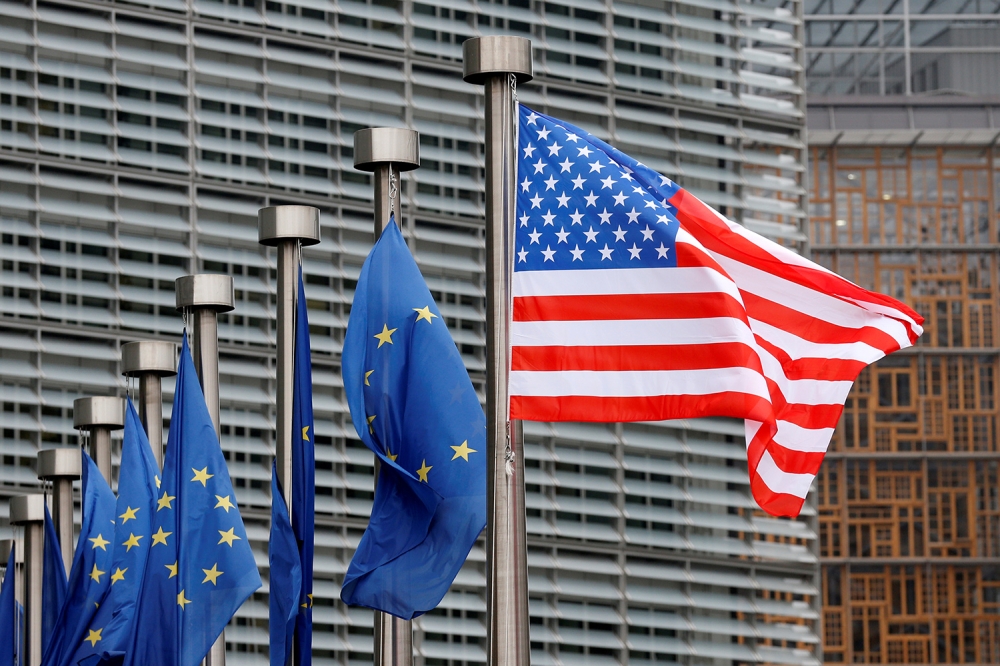

The European Union and the US State Department have once again issued statements on the "latest developments in Eastern DR Congo.”
While such declarations have become routine, they continue to reveal the glaring disconnect between Western political and diplomatic practices and the realities faced by the populations these statements purportedly address.
Misrepresenting the M23 rebellion
The EU’s recent condemnation of the M23’s "occupation” of Masisi exemplifies this detachment. Labeling the presence of M23 in Masisi as "occupation” is both inaccurate and misleading. Masisi, along with much of the territory from Bunagana to Goma, is home to many M23 combatants.
This is not an external invasion but a local rebellion rooted in historical grievances and a long-standing struggle for recognition and security by the Congolese Banyarwanda, particularly the Tutsi community.
Rather than addressing why local populations feel compelled to take up arms to secure their homes, the EU condemns their presence while ignoring the actions of the Congolese army (FARDC) and its coalition forces.
These include the notorious FDLR militia, the Wazalendo, European mercenaries, and even Burundian units, all of whom have been shelling and attacking M23 positions indiscriminately, endangering civilians.
Ironically, under the M23 administration, areas like Masisi and beyond have witnessed relative peace and stability compared to the rest of the Kivu provinces.
OCHA reports show that over 900,000 displaced individuals have returned to their homes in M23-controlled areas, where schools are open, health centers function, and infrastructure is being restored.
Contrast this with the rampant abuses that marked the presence of FARDC and its allies, including extortion at roadblocks and unchecked violence against civilians.
The empty call for ceasefire
The EU and US calls for M23 to "immediately withdraw” and "abide by the ceasefire” reflect a lack of understanding—or deliberate ignorance—of the situation on the ground. M23 has never been included in ceasefire discussions or negotiations. How can a group adhere to agreements from which it has been excluded?
Moreover, Western statements continue to target Rwanda, urging it to "stop collaborating with M23” and withdraw any alleged military presence in DR Congo.
These demands are not only baseless but also deflect attention from the persistent threat posed to Rwanda by armed groups like the FDLR operating from Congolese territory.
President Kagame has consistently returned the question: "Why would Rwanda deploy in DR Congo?” This rhetorical response highlights the absurdity of the accusations, given that the FDLR—a heavily armed group supported by Tshisekedi’s regime—operates at Rwanda’s borders, posing a direct and persistent threat.
While Western powers conveniently ignore this reality, they continue to demand that Rwanda "pull out their troops from DR Congo.” Kagame’s stance remains unequivocal: Rwanda’s security is not negotiable.
The failures of peace processes
The Nairobi and Luanda peace processes have, over the past two years, failed to produce meaningful progress. Despite calls for ceasefires and diplomatic engagement, Kinshasa has consistently undermined these efforts.
FARDC has used the pretext of ceasefires to regroup and launch new offensives against M23, further escalating the conflict.
This strategy has only backfired. FARDC’s repeated defeats have strengthened M23, both militarily and territorially. Yet Kinshasa remains unwilling to engage in direct negotiations with the rebel group, ignoring the reality that M23 has demonstrated superior military organization and discipline on the battlefield.
Addressing the root causes
Any meaningful resolution to the crisis must start with acknowledging the root causes of the conflict. M23’s demands are not about toppling the government or seizing Kinshasa; they center on ending discrimination against the Congolese Banyarwanda, neutralizing the FDLR, and securing safe conditions for refugees to return home.
The narrative pushed by Western powers, which frames the conflict as a mere struggle over the DR Congo’s mineral wealth, does a disservice to the complexities of the region. It not only distorts the truth but also delays peace by vilifying Rwanda and failing to address the systemic issues within the DR Congo itself.
Western interests and complicity
Western nations, particularly the EU and US, must reflect on their own role in perpetuating this crisis. Their focus on Rwanda as a convenient scapegoat masks their economic interests in the DR Congo’s vast mineral resources.
By supporting a flawed narrative and turning a blind eye to Kinshasa’s failures, they are complicit in prolonging the suffering of millions in the Great Lakes region.
A path forward
To move toward lasting peace, Western powers must abandon their detached and one-sided approach. Instead, they should:
1. Demand genuine governance reforms from Kinshasa to address systemic corruption and insecurity.
2. Encourage direct negotiations between the DR Congo government and M23 to resolve grievances.
3. Acknowledge Rwanda’s legitimate security concerns and work to neutralize the FDLR and other destabilizing forces in eastern DR Congo.
Peace will remain elusive as long as Western powers continue to issue hollow statements while ignoring the realities on the ground. The people of the DR Congo, and the region at large, deserve a more honest and constructive engagement from the global community.


